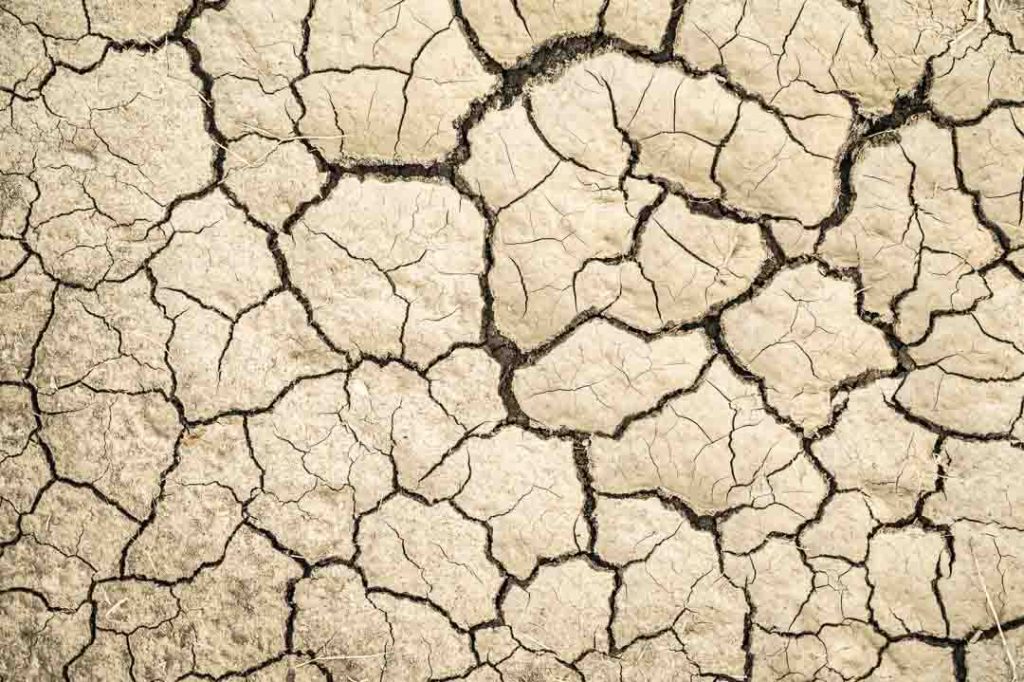
From American Rivers:
Today’s release of the first part of the Intergovernmental Panel on Climate Change’s sixth assessment report – called a “code red for humanity” by the United Nations – details how the impacts of climate change, including floods and drought, are real and will get worse without bold action.
Tom Kiernan, President and CEO of American Rivers, made the following statement:
“Devastating examples of the climate crisis are already playing out on our rivers. We must not only drastically reduce emissions to avoid the worst of climate impacts but also protect and restore rivers to buffer communities from the impacts that are already upon us.
From persistent drought and smaller snowpack reducing river flows across the Southwest, to rising temperatures killing Northwest salmon and increasingly frequent and severe floods in the Midwest and Eastern states, frontline river communities are feeling the pain. Black, Latino and Indigenous communities face disproportionately higher impacts due to centuries of disinvestment and unjust policies and practices.
But just as rivers embody climate threats, they’re also the source of powerful solutions. A healthy river should be a community’s first line of defense against climate impacts, offering clean water supplies, cost-effective flood protection, safe places to recreate and stay cool, sustainable food and connection to culture.
The IPCC report gives the most detailed look yet at how climate change is impacting rivers and the water cycle. Decision makers must use the information in the report to take swift, bold action to prioritize protection and restoration of healthy free-flowing rivers, ensuring frontline communities drive equitable solutions.
Rivers have always been a source of hope and strength. Now, the stakes couldn’t be higher. In an era of climate change, communities with healthy, free-flowing rivers with clean water will be the ones that thrive. We must insist that all communities, and not just a privileged few, benefit from healthy rivers now and in the decades to come.”




